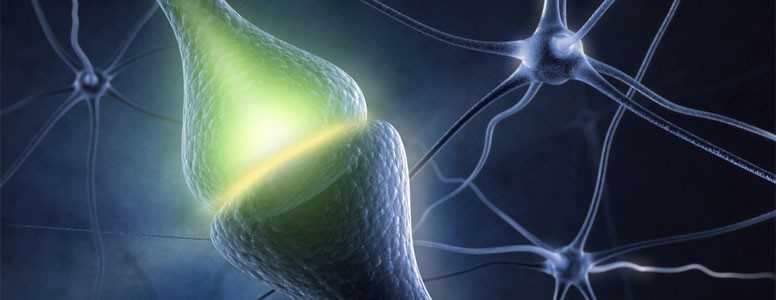French researchers have discovered that a neurotransmitter known as GABA could induce the regeneration of insulin-producing cells.
These findings could hold particular significance for people with type 1 diabetes whose insulin-producing cells have already been destroyed.
The term GABA is short for chemical gamma-aminobutryic acid. It is an amino acid produced by the glutamic acid, the same beta cells that make and secrete insulin. In 2014 GABA was shown to treat and even reverse type 1 diabetes after human beta cell transplantation into mice.
The French National Institute of Health and Medical Research have since discovered that GABA can regenerate insulin-producing cells without any genetic modification.
The researchers focused on GABA in this study “as current treatments are not always sufficient in preventing (serious) complications”.
Following the neurotransmitter’s success in mice, where “GABA induces the continuous, yet controlled, regeneration of pancreatic alpha cells and their transformation into insulin-producing beta cells”, the French team explored its capabilities in humans.
They found that the number of insulin-producing cells increased by 24 per cent in pancreatic islets following treatment with GABA. Furthermore the number of glucagon-producing alpha cells was reduced by 37 per cent, indicating that treatment could benefit blood glucose control in patients.
“These results are truly encouraging for a putative application in humans,” said the researchers. “Accordingly, a pilot clinical trial will soon be initiated to determine whether GABA may effectively help patients with type 1 diabetes.”
While GABA is one of the main inhibitory neurotransmitters of the central nervous system it doesn’t have a stimulating effect, unlike dopamine or adrenaline. Therefore it is also available as a dietary supplement, with dietary sources including cheese, soybeans, almonds, cod and veal.
What's new on the forum? ⭐️
Get our free newsletters
Stay up to date with the latest news, research and breakthroughs.




